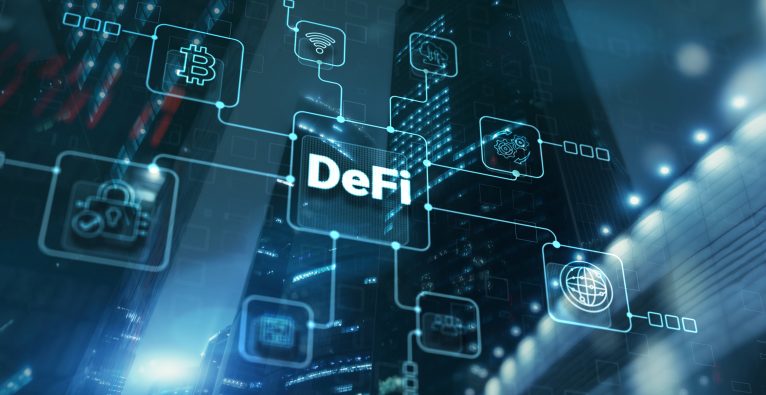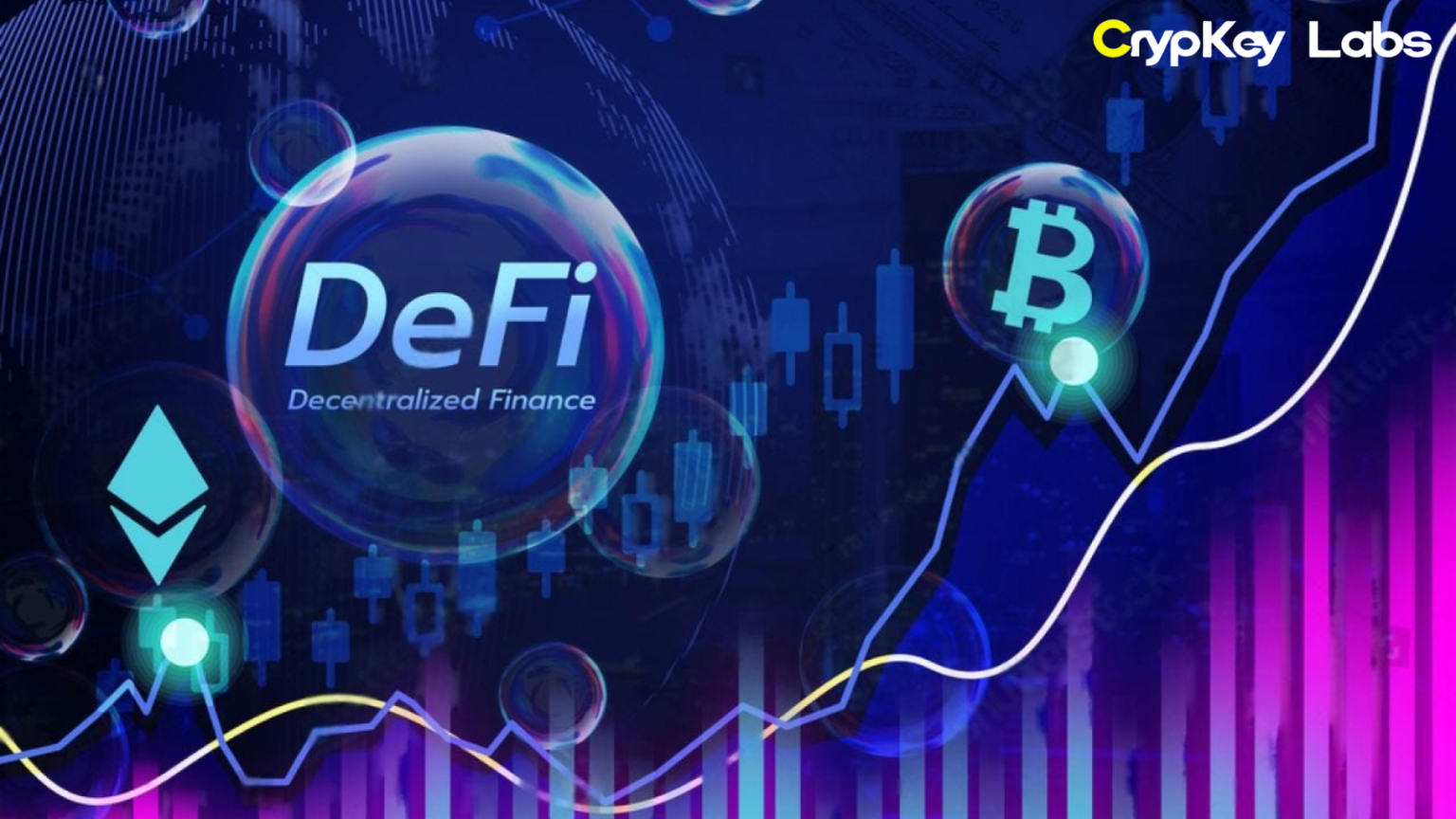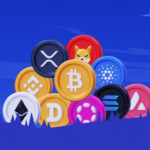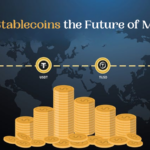The financial world is witnessing a groundbreaking transformation, thanks to blockchain technology and its role in decentralized finance (DeFi). This revolution is shifting the paradigm of traditional finance by making it more inclusive, transparent, and accessible to people across the globe. But how exactly does blockchain empower DeFi, and why is it making such waves? Let’s dive into the world of blockchain and its profound impact on decentralized finance.
Understanding Decentralized Finance
At its core, decentralized finance, or DeFi, is a financial system built on blockchain technology that removes intermediaries like banks and financial institutions. Instead, it leverages smart contracts and decentralized applications (dApps) to execute transactions directly between participants.
Unlike traditional finance (CeFi), DeFi operates in an open, permissionless environment, enabling anyone with an internet connection to access financial services. Popular DeFi platforms like Uniswap, Aave, and Compound showcase how this ecosystem provides alternatives for lending, borrowing, trading, and earning passive income.
Blockchain The Backbone of DeFi
Blockchain serves as the foundation of DeFi, offering a secure, decentralized ledger to record transactions. Here’s why blockchain is essential for DeFi:
- Transparency: All transactions on a blockchain are publicly accessible, ensuring transparency in financial dealings.
- Immutability: Once data is recorded on the blockchain, it cannot be altered, adding a layer of trust.
- Decentralization: Unlike centralized systems, blockchain eliminates the need for middlemen, making DeFi efficient and cost-effective.
Without blockchain, DeFi would not be able to deliver the level of trust and security it promises to users.
Core Features of DeFi Enabled by Blockchain
Smart Contracts
Smart contracts are self-executing programs on the blockchain that automatically enforce agreements when predefined conditions are met. These contracts are the backbone of DeFi, ensuring trustless and efficient execution of transactions.
Decentralized Applications (dApps)
DeFi platforms are powered by dApps, which allow users to interact with blockchain-based financial services. From decentralized exchanges to lending protocols, dApps are reshaping how people access financial services.
Tokenization
DeFi relies heavily on tokenization, where assets like cryptocurrencies and stablecoins facilitate transactions. Stablecoins, pegged to fiat currencies, provide stability in the otherwise volatile crypto market, making DeFi more user-friendly.
Benefits of Blockchain in DeFi
1. Enhanced Security and Privacy
Blockchain’s cryptographic features ensure the safety of transactions, while users maintain control over their private keys. This reduces the risks associated with centralized financial systems, such as data breaches.
2. Global Accessibility
With blockchain, anyone with an internet connection can access DeFi services, bypassing geographical and socioeconomic barriers. This promotes financial inclusion on an unprecedented scale.
3. Elimination of Intermediaries
Blockchain removes the need for banks or brokers, reducing costs and enabling peer-to-peer transactions. This decentralization also reduces the risk of centralized points of failure.
4. Greater Financial Control
In DeFi, users have full control of their funds, unlike traditional systems where banks or institutions act as custodians. This autonomy is a significant draw for crypto enthusiasts.
Key Use Cases of Blockchain in DeFi
Lending and Borrowing Platforms
DeFi lending platforms like Aave and MakerDAO allow users to lend their crypto assets to earn interest or borrow against their holdings. These platforms operate without the need for credit checks, making borrowing accessible to a wider audience.
Decentralized Exchanges (DEXs)
DEXs like Uniswap and SushiSwap facilitate direct peer-to-peer trading of cryptocurrencies without the need for a centralized exchange. This ensures user privacy and reduces the risk of hacks.
Yield Farming and Staking
Yield farming and staking enable users to earn rewards by providing liquidity or locking their tokens in DeFi protocols. These mechanisms have become popular ways to generate passive income in the crypto ecosystem.
Insurance
Blockchain is transforming the insurance industry by offering decentralized insurance products. Protocols like Nexus Mutual allow users to insure their DeFi activities, providing a safety net against potential risks.
Challenges in DeFi Adoption
Despite its promise, DeFi faces several challenges that hinder its widespread adoption:
- Security Risks: Smart contracts, though secure, are not immune to bugs and vulnerabilities, leading to potential exploits.
- Regulatory Uncertainty: Governments around the world are still figuring out how to regulate DeFi, creating legal ambiguities.
- Scalability Issues: High transaction volumes often lead to network congestion and high gas fees, especially on Ethereum.
- User Complexity: Many DeFi platforms have steep learning curves, making them intimidating for beginners.
Addressing these challenges is critical for DeFi’s sustained growth and adoption.
The Future of DeFi with Blockchain
The future of DeFi looks bright as innovation continues to flourish. Here are some trends that could shape the next phase of DeFi:
- Integration with Artificial Intelligence: AI can enhance DeFi platforms by optimizing lending rates, detecting fraud, and personalizing user experiences.
- Layer-2 Solutions: Technologies like Optimism and Arbitrum are helping DeFi platforms scale by reducing congestion on primary blockchains.
- Cross-Chain Ecosystems: Multi-chain solutions are enabling seamless interoperability, allowing DeFi users to move assets across different blockchains effortlessly.
As DeFi evolves, it is poised to redefine the global financial landscape.
Conclusion
Blockchain technology has positioned decentralized finance as a game-changer in the financial sector. By eliminating intermediaries, ensuring transparency, and promoting inclusivity, DeFi is paving the way for a more equitable financial system.
However, as with any emerging technology, it comes with its share of challenges. Navigating these hurdles will determine how far DeFi can go in transforming the world of finance.
Whether you’re a crypto enthusiast or a newcomer, the DeFi space is worth exploring. As always, do your research and engage responsibly in this exciting ecosystem.







